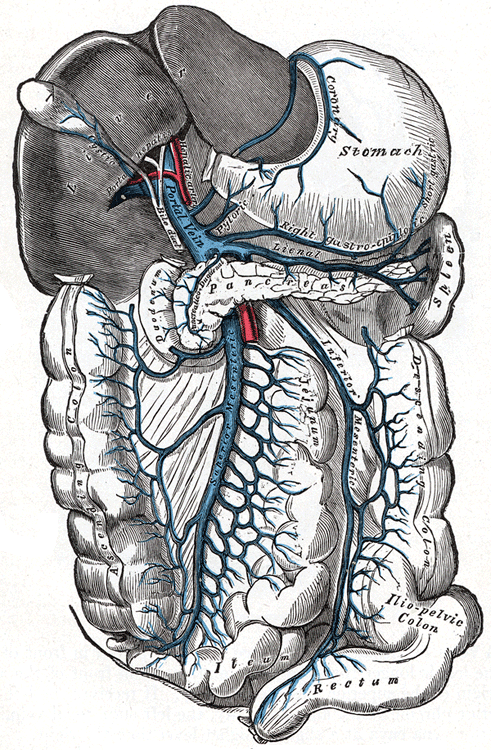are coffee enemas stimulating?
https://secure.wikimedia.org/wikipedia/en/wiki/Caffeine#Metabolism
Note that caffeine can be absorbed rectally.
Caffeine can also be absorbed rectally, evidenced by the formulation of suppositories of ergotamine tartrate and caffeine (for the relief of migraine)[101] and chlorobutanol and caffeine (for the treatment of hyperemesis).[102]
Also, if you still think that caffeine can't be absorbed rectally, that all rectally-administered caffeine is subject to conversion by first pass metabolism, you still run up against this: First pass metabolism of caffeine converts it into the other stimulants paraxanthine, theobromine, and theophylline.
80% of the caffeine that gets metabolized via first pass turns into paraxanthine. Paraxanthine is "equipotent" to caffeine.
Now, with that said, I think rectally administered caffeine may be not as bad as orally-administered.
One, while oral administration should result in much going through the hepatic portal system (notice the veins here):

You may yet get some caffeine going directly into the system through other mucous membranes, reducing the amount of first pass metabolism being done. Percentage-wise? I have no way to know, but I'd guess something like up to 30% of orally administered caffeine may find its way into your system through a non-hepatic-portal-vein route, and so remain unmolested. But, as I said, I don't know. I pulled that number out of my ass.
What about the "equipotent" paraxanthine?
Two, paraxanthine, even if it's as potent as caffeine,
may not be able to cross the blood-brain barrier as easily. This I don't know, and I've been looking for information on it. I'd be very thankful if someone could find this out. So, this item is a "maybe". If anyone wants to argue that rectal administration of caffeine does some magic to make it less stimulating, this is the biggest contradiction to your position, sitting boldly in front of us all. If you can prove that paraxanthine doesn't cross the blood-brain barrier as easily as caffeine, you'll have made a huge stride in making your case.
Remember, 80% of the first pass metabolized caffeine product is paraxanthine.
Three, for sure theophylline and theobromine aren't as able to cross the blood-brain barrier. (This information I
was able to find.) And neither are they as effective stimulants. (Though they only account for 20% of the metabolites.)
Four, rectally administered caffeine is usually done in low doses to begin with. I think. The fluid is pretty dilute, right? I haven't read up on that. (In fact, I hear that blond roasts are recommended, and they have the highest caffeine levels.)
Five, in coffee enemas, the fluid is supposed to be held in only briefly (15m?). This reduces absorption. (Strong point here.)
So there you have my attempt to make the case for how rectally administered caffeine could be less stimulating than orally administered caffeine. I don't do a very good job, which is why I believe
it is not true. If you want to make the case that
coffee enemas are not highly stimulating, I give you some pointers on where there are holes that need filling in. (Don't forget the references that say caffeine does in fact get absorbed rectally — I'm assuming they mean without first pass metabolism.)
Otherwise, if the major benefit is stimulating glutathione S-transferase in the liver, why the hell is caffeine even needed? It's the palmitic acids that promote GST activity.
 omo
13 y
5,124
omo
13 y
5,124



